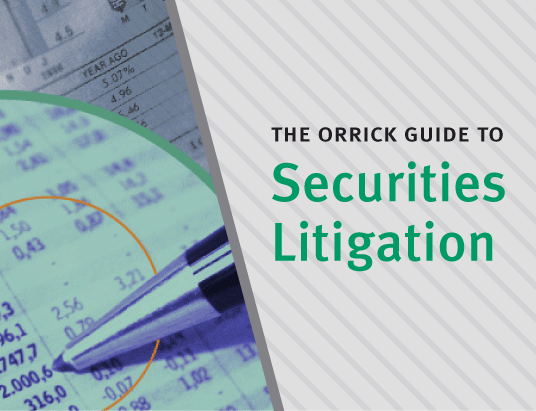What happens between a mature multinational insurance corporation and its regulator is nobody’s business, or so says the United States Court of Appeals for the D.C. Circuit, which issued an opinion in SEC v. AIG on February 1, telling the press that it couldn’t have reports prepared by an AIG consultant under a consent decree with the SEC.
In 2004—years before AIG would rise to infamy in the financial collapse—the SEC charged AIG with securities violations, and the result was a consent decree requiring, among other things, that AIG hire a consultant to review AIG’s transaction policies and procedures and to prepare reports. The court supervising the decree later allowed disclosure of the consultant’s reports twice: to the Office of Thrift Supervision and the House of Representatives. Sue Reisinger, a reporter for Corporate Counsel and American Lawyer, wanted to know what the consultant found at the government bailout recipient. Not being a regulator or constitutionally-created legislative body, Ms. Reisinger turned to the courts for access. The district court found that the consultant’s reports were “judicial records” to which Reisinger had a common law right of access. The court of appeals disagreed.
Whether something is a judicial record depends on the role it plays in the adjudicatory process. The court of appeals noted that the consultant’s reports were not relied upon by the district court in any way, and thus never found their way into the fabric of the court’s record or decision-making process. Though merely filing the reports with the court would not have been sufficient to transform them into the type of judicial records Reisinger sought, the court of appeals held that filing was “very much a prerequisite.” Thus, while the terms of the decree requiring a consultant were surely important to the district court, the court was agnostic as to the eventual content of the reports. In other words, Reisinger had the substantive cart before the procedural horse, and whatever those reports eventually contained, their import did not work to make them judicial records. READ MORE





